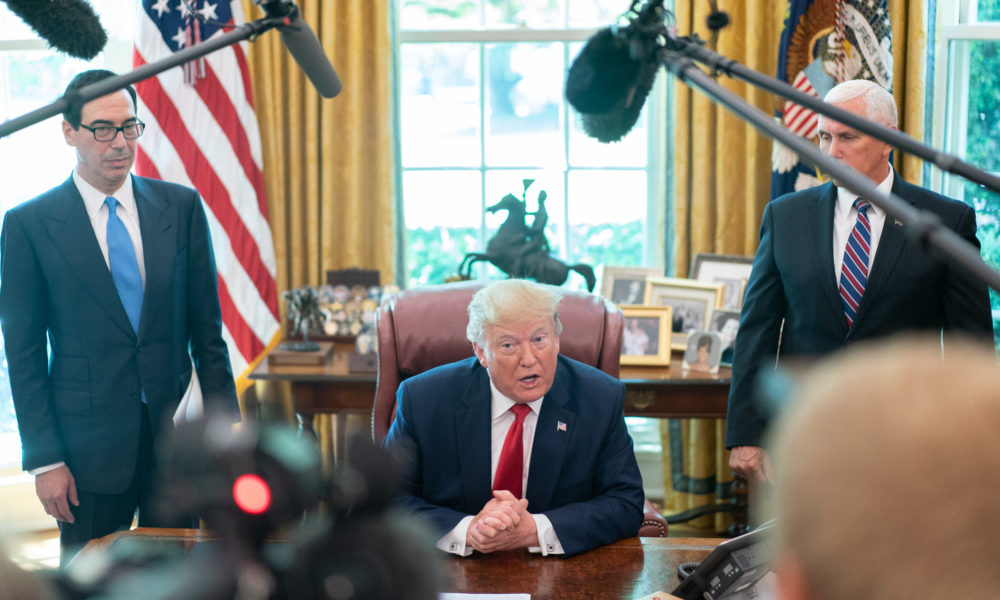While trade was a major topic during Trump’s 2016 presidential campaign, the focus on U.S. trade has since diminished.
Could Trump’s Presidency and U.S. Competition
The President was a vocal opponent of regional free-trade agreements, including the Transatlantic Trade and Investment Partnership (T-TIP) and NAFTA. Speaking at a recent meeting of the European American Chamber of Commerce, David O’Sullivan, Ambassador of the European Union to the United States, indicated the incoming Administration will reassess and renegotiate regional trade agreements.
At the very least, Trump proposes renegotiating NAFTA’s terms. Businesses whose operations rely on imports and exports from China and Mexico can anticipate disruption.
As a result, these nations are expected to respond by raising tariffs on U.S. imports. Moody’s Investment Services suggests businesses should expect tariffs of 45 percent on Chinese imports and 35 percent on Mexican imports. To limit the impact, companies should secure long-term supply agreements that lock in the costs of doing business in the future with suppliers.
Read: Trump’s Promise to Repeal Health Care Reform
Among the suggested policy changes is moving the US to a “territorial” tax system similar to that utilized by its major trading partners. The House Blueprint on tax reform also includes a border adjustment provision similar to those used in VAT regimes. The House Republican border adjustment proposal would exempt exports from tax and deny tax deductions for imports into the US. The border adjustment provision would likely have varying effects on different industries. Retailers and others who import products and commodities into the US for manufacturing or sale may see their taxes rise . On the other hand companies that are net exporters would likely see their tax burden reduced if this concept moves through the process and becomes law.
Tax reform to curb corporate inversions
Since 1982, U.S. firms have shifted their base of operations overseas to benefit from tax breaks. According to the Economist, “because the American taxman has unusually long arms, companies based in the United States who earn profits abroad can end up with piles of cash “stuck” overseas: earnings that face hefty corporate taxation the instant they are brought to America.”
Under Trump’s proposed tax plan, advisor Stephen Moore told the Wall Street Journal, “Companies will invert and come to the United States. The flow will be in the other direction.” During his campaign, Mr. Trump called for a one-time 10 percent repatriation tax to be offered to domestic companies holding profits in offshore subsidiaries. Additionally, he proposed cutting the corporate income tax to 15% from its current 35% during his campaign, which Trump says will bring trillions of dollars back to the U.S. But, critics argue that putting an end to deferrals would increase corporate inversions.
Trump’s economic plan to Make America Great Again and increase small business investment in the U.S. is optimistic, but what lies ahead for Main Street remains to be seen. Beginning in 2017, the new administration will have to weigh trade agreements and tariffs with what is best for the U.S. economy.












You must be logged in to post a comment Login